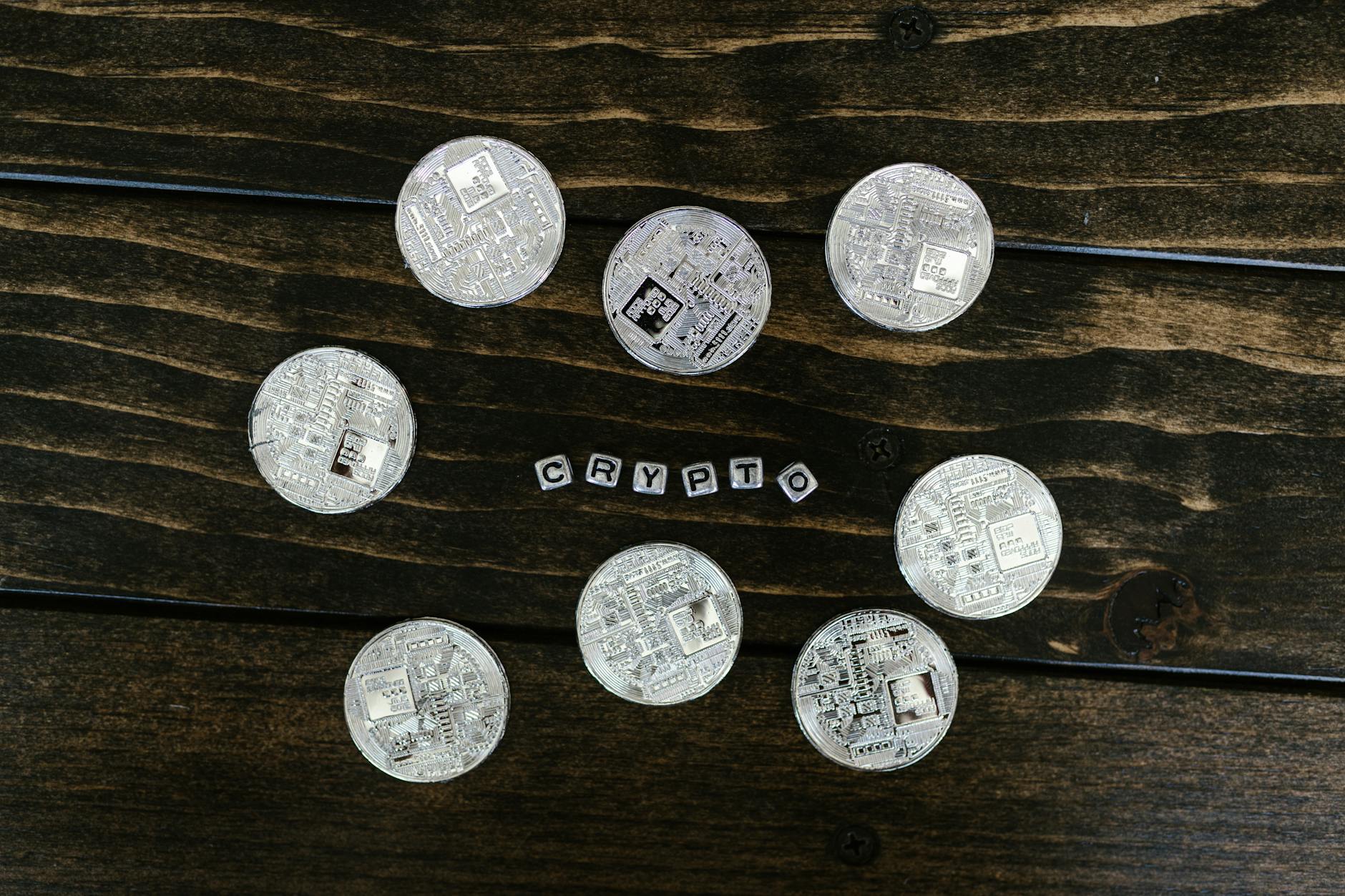Robinhood CEO Vlad Tenev recently stirred the fintech pot by predicting a future where artificial intelligence morphs businesses into lean, mean, one-person machines, somewhat reminiscent of Satoshi Nakamoto's solo run with Bitcoin. His projections, shared at Bitcoin 2025, suggest that these AI-driven outfits could operate with the same autonomy and impact as the mysterious Bitcoin founder. For those in the trenches of blockchain and AI, Tenev’s vision isn’t far-fetched-it’s practically knocking on the door.
One can't help but draw parallels between Tenev's theories and the early days of Bitcoin, where Nakamoto managed to bootstrap what would become a trillion-dollar market from a lone whitepaper. Just as Nakamoto utilized minimal resources for maximal impact, Tenev foresees AI enabling entrepreneurs to single-handedly manage operations that might have previously required an entire team. This idea of “single-person companies” isn’t merely about reducing headcount; it's about amplifying efficiency and output, a topic we've explored through various angles at Radom Insights.
Yet, while the sparkle of a one-person, AI-powered enterprise might dazzle, there are broader implications to consider. For starters, if a single individual can deploy AI to perform complex business functions, what does this mean for job markets already bracing for automation-led disruptions? Additionally, Tenev’s suggestion that these entities could be tokenized and traded on blockchains introduces another layer of complexity, integrating personal success directly with market speculation and investor sentiment.
The possible reality of investing in tokenized individuals isn’t entirely new-it's a principle that has underpinned various celebrity ICOs in the past. However, merging this with AI's capabilities could take the concept to unprecedented levels, offering highly fluid yet potentially volatile market dynamics. As these prospects become more tangible, entities like Radom’s on-and off-ramping solutions could play a crucial role in stabilizing and facilitating the seamless exchange of these novel asset classes.
Moreover, Tenev’s alignment of AI’s potential with Bitcoin’s ethos underscores a deeper narrative within the fintech sector: the relentless pursuit of decentralization. Just as Bitcoin promised a decentralized financial framework, AI could decentralize corporate structures and operational dependencies. This could be a double-edged sword, offering freedom and flexibility on one hand, and ushering in challenges surrounding regulatory compliance, security, and ethical considerations on the other.
As always, the devil is in the details. Whether AI will crystallize Tenev's predictions into reality or morph them into something entirely unforeseen remains to be seen. However, one thing is clear: the intersection of AI and blockchain technology is poised to redefine the structural foundations not just of companies, but of the broader economic landscape itself. For those tuned into these changes, the time to adapt is now, keeping a close eye on both the potential and the pitfalls of this burgeoning synergy.



